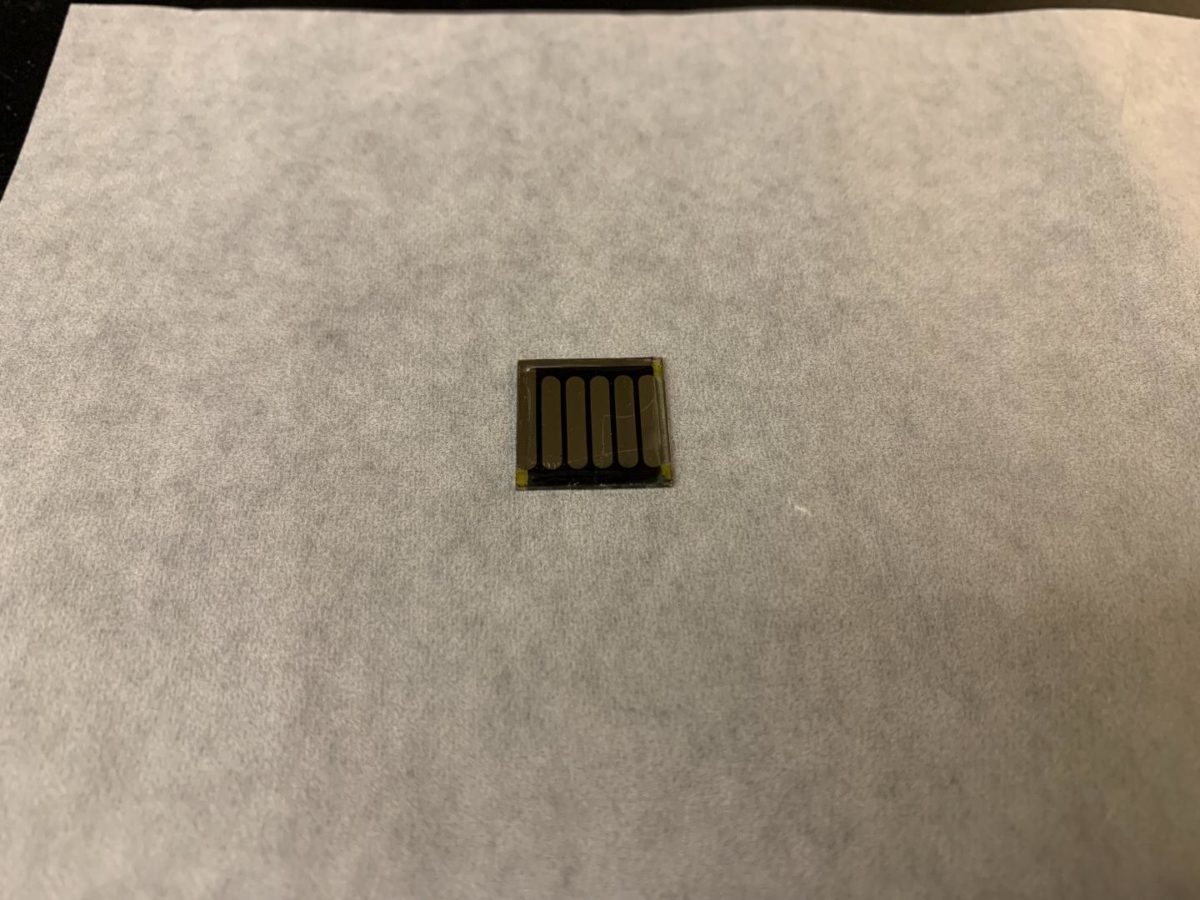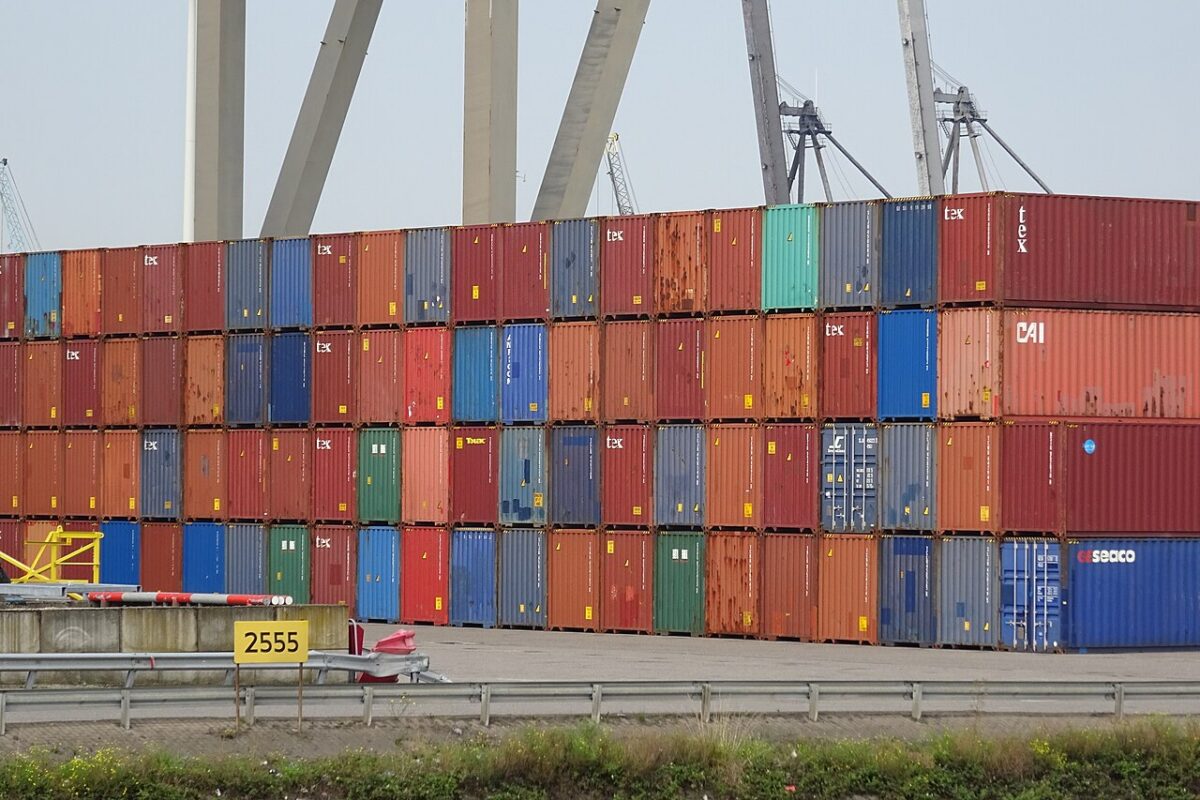Researchers from the University of California, Los Angeles (UCLA), and Chinese module manufacturer Solargiga claim they have improved the thermal stability of perovskite solar cells and their efficiency from 17% to 20% by applying caffeine on the perovskite layer.
The researchers said that caffeine is an alkaloid compound composed of peculiar molecular structures that can interact with the precursors of perovskite material compounds used as a light-harvesting layer in a class of solar cells, without specifying which kind. They explained that the layer with caffeine was tested on 40 cells and that infrared spectroscopy was used to verify that the alkaloid compound bonded with the perovskite material.
“The molecular lock continued to occur when the material was heated, which could help prevent heat from breaking down the layer,” the researchers wrote.
This innovation, the research team warned, only works with perovskite PV devices and not with other types of solar cells. But the UCLA research group is convinced that with additional research, caffeine could facilitate large-scale production of perovskite solar cells. “Caffeine can help the perovskite achieve high crystallinity, low defects, and good stability,” said Prof. Yang Yang of UCLA's Department of Materials Science and Engineering.
The next step will be to investigate the chemical structure of the caffeine-incorporated perovskite materials. The scientists also plan to find out which protective materials could improve the thermal stability and efficiency of perovskites.
In another recent peculiar research project, scientists at Peking University conducted an experiment to demonstrate that large-area perovskite solar cells tend to be more stable at heights of 35 km in the air than at ground level. However, instability is the main obstacle to the commercial production of perovskite-based solar products, as confirmed by past studies carried out by university researchers from Oxford, Cambridge, Surrey and Beijing, as well as South Korea's Ulsan National Institute of Science and Technology and the Korean Institute of Energy Research, Switzerland’s Ecole Polytechnique Fédérale de Lausanne, Germany's Karlsruhe Institute of Technology, the University of Portsmouth and the Kaunas University of Technology in Lithuania.
This content is protected by copyright and may not be reused. If you want to cooperate with us and would like to reuse some of our content, please contact: editors@pv-magazine.com.




Wow, I didn’t know coffee can be used for something else than drinking it. Thanks for sharing the information.
In India too, they are performing similar research to improve the performance of the cell with the coffee. Well, I don’t know how practical it will be. But yes, it is interesting so far.